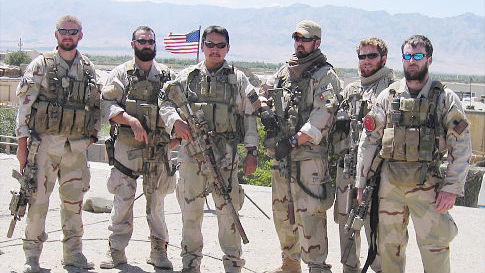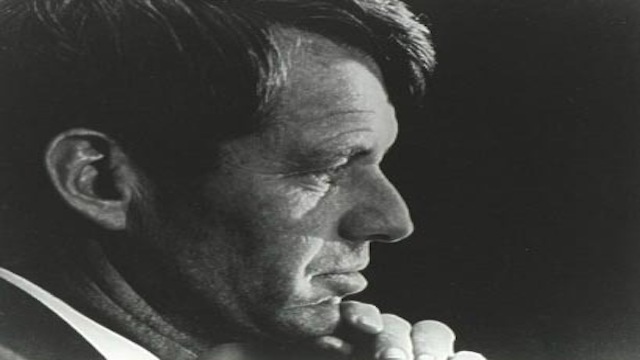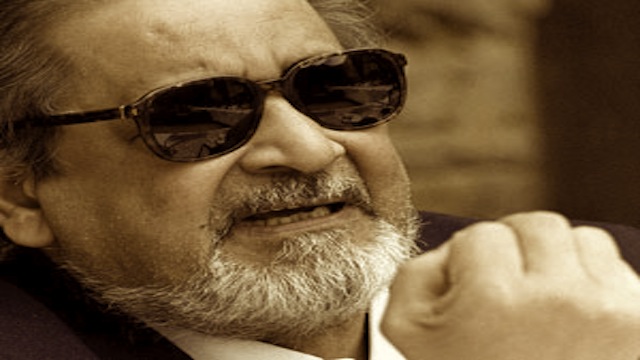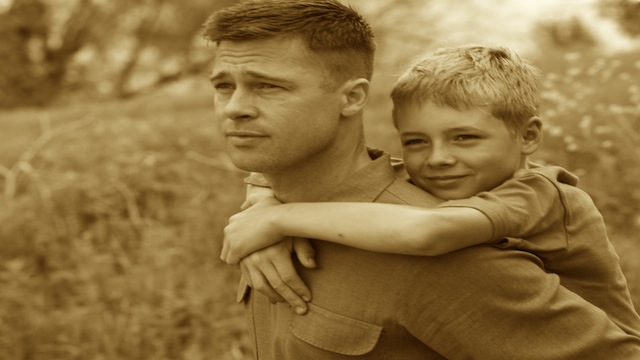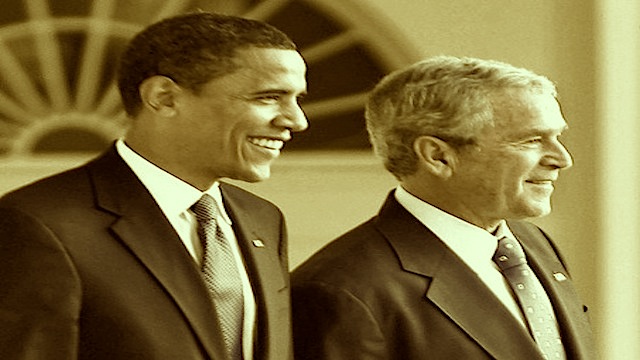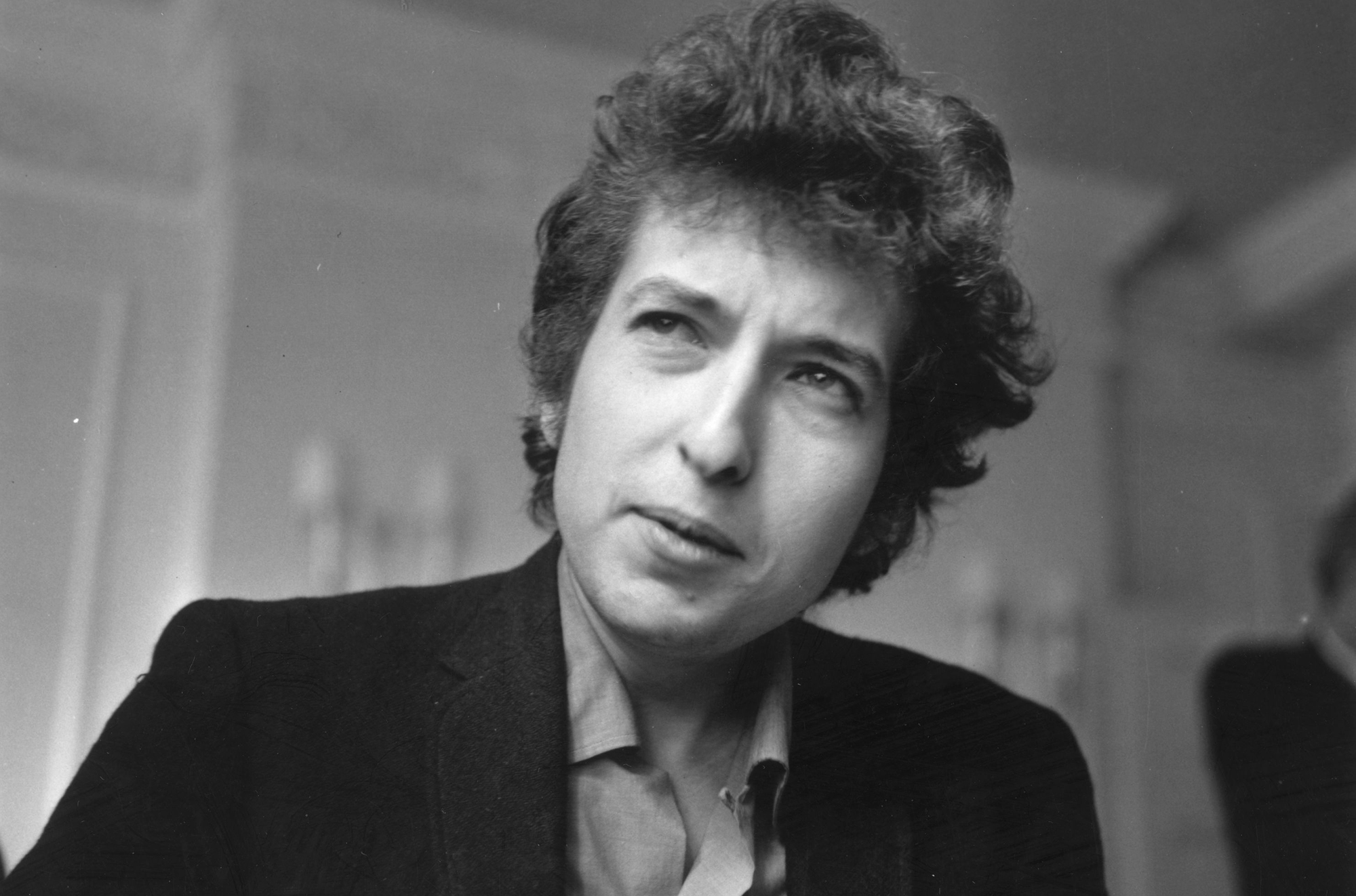Lea Carpenter
Lea Carpenter was a Founding Editor of Francis Ford Coppola’s literary magazine, Zoetrope. She graduated from Princeton and has an MBA from Harvard. Her Harvard University Commencement Address, “Auden and The Little Things,” was about the need for poetry in our lives. She lives in New York with her husband and son where she produces programming for the New York Public Library. She formerly wrote the Think, See, Feel blog for BigThink.
What does today’s anniversary of 9/11 mean for the 9/11 generation, who did not let America’s greatest national tragedy break them. How will its legacy define their lives over time?
It turns out that the phrase “a woman needs a man like a fish needs a bicycle” did not originate with Gloria Steinem, but rather was inspired by another phrase: […]
The military tends to talk in signs and numbers—and, perhaps most famously, in code. The use of abbreviations and alphabetical systems is efficient. In this week’s New Yorker, we learn […]
Yesterday’s announcement that Robert F. Kennedy’s papers are being reviewed inspired us to revisit one of the former Attorney General’s finest speeches, one we have not written about here before. […]
Ken Auletta’s profile of Sheryl Sandberg in The New Yorkeris an excellent companion to Sandberg’s TED speech of last December. The latter was passed like a Dead bootleg among a […]
And if it’s literature, do we care if it’s violent? “Grimm’s Fairy Tales, for example, are grim indeed,” wrote Justice Scalia, in his majority opinion in Brown v. Entertainment Merchants […]
How do we speak and write about things when things are not going the way that we want? Not just little things, like lunch, but big things, like wars. Do […]
Robert Kaplan’s op-ed on Patrick Leigh Fermor in the New York Times, “The Humanist in the Foxhole,” stands alone as a cool piece of writing worth studying. Kaplan writes: Unlike […]
A SEAL’s smartest weapon, like a scholar’s, is his mind: his capacity to assess complex situations. This assessment is then coupled with the courage to achieve a given goal, and the humility to move on quietly to the next task.
It’s not Dr. Seuss. But Go the F*** to Sleep is extremely powerful, and it’s extremely powerful for an audience who has supported and stomached and loved and memorized-to-the-point-of-loving-slightly-less the […]
V.S. Naipaul is without question or controversy one of the finest living writers. Yet the controversy surrounding his recent interview with the Royal Geographic Society, in which he effectively takes […]
In his book, The Heart and the Fist, former Navy SEAL Eric Greitens writes about the Greek conception of phronesis. A kind of practical wisdom (a poor translation, but the […]
New forms of writing will bring, as they always have, new ideas and new elements of creative genius.
Sam Tanenhaus interviewed Harold Bloom for The New York Times; the video is here. It’s a very cool, very short, interview. It will be historic, too—not only for capturing Bloom […]
In his interview with BigThink, Harvard Business School Dean Nitin Nohria quotes Lincoln on the relationship between character—moral character—and power. There are many celebrated quotes about character, and Nohria references […]
“Unless you love, your life will flash by.” These are the last words of the voice-over for Terrence Malick’s Tree of Life trailer. There isn’t much that distinguishes them from […]
If you love The Economist, you likely know and love its back page, its obituary page. Economist obituaries are models of the magazine’s style and, more broadly, models of a […]
On September 21st, 2001, then President George W. Bush gave a speech to a joint session of Congress in which he spoke about justice, and addressed frankly what the American […]
The experts will do the analysis, but the philosophers will parse the emotions. Leon Weiseltier has this piece, on The New Republic’s website, in which he talks about the difference […]
It will be one of the most closely—and widely—read speeches of any U.S. President in the twenty-first century, and perhaps even one of the most closely read of any U.S. […]
Amy Davidson’s post about the WikiLeaks Guantanamo release is an excellent example of writing short, with feeling—and meaning. One reason so many of the New Yorker blogs work well with […]
There is so much beautiful writing about war. One of the first, best stories of a soldier (and his return home) is Homer’s The Odyssey. It captures –metaphorically, and at […]
English Lessons is a new blog celebrating writing we love, and illuminating why we love it—and what we can learn from it. Poetry, fiction, editorials; Presidential speeches, classic texts, popular […]
Looking at the language of critical response to the novel, there are parallels. This is not to say that David Foster Wallace cared for Hamlet. But he seemed to care […]
We didn’t mind Maureen Dowd’s dismantling of (whatever remains of) the mythologizing of Dylan as a hero for/of protest. There was a moment in time when Dylan was hero for […]
This is Twilight, for poets. It’s not designed to fly over your head; it’s designed as to shoot straight to your heart.
John Jeremiah Sullivan has written a beautiful, beautiful piece about David Foster Wallace in GQ. It isn’t easy to write about Wallace; how Sullivan chooses to do it is illuminating. […]
Hertzberg wrote one of the simplest, and most elegant, blog posts (this form truly needs a new descriptive terminology) in response to President Obama’s speech on Libya. It was concise. […]
Orr’s piece in the New York Times Book Reviewon an O magazine photo shoot with young poets is a perfect example of how to write about something you know a […]
Janet Malcolm is a careful writer. The new Paris Review has an interview with her. The Review still publishes the best interviews on code-cracking the art of writing. This exchange—which […]
